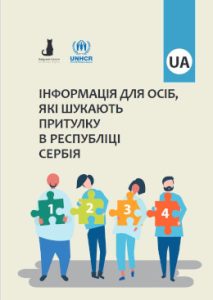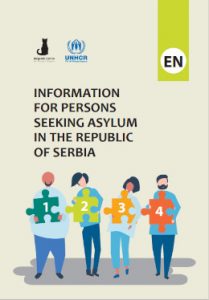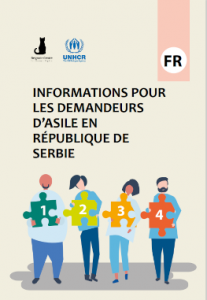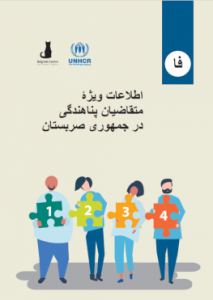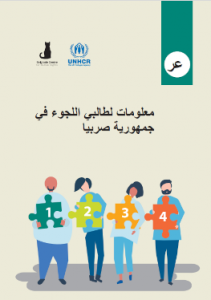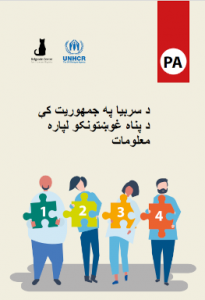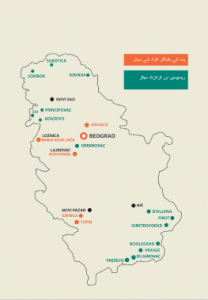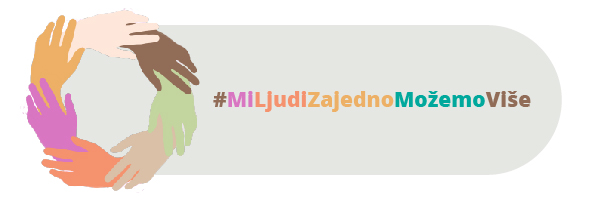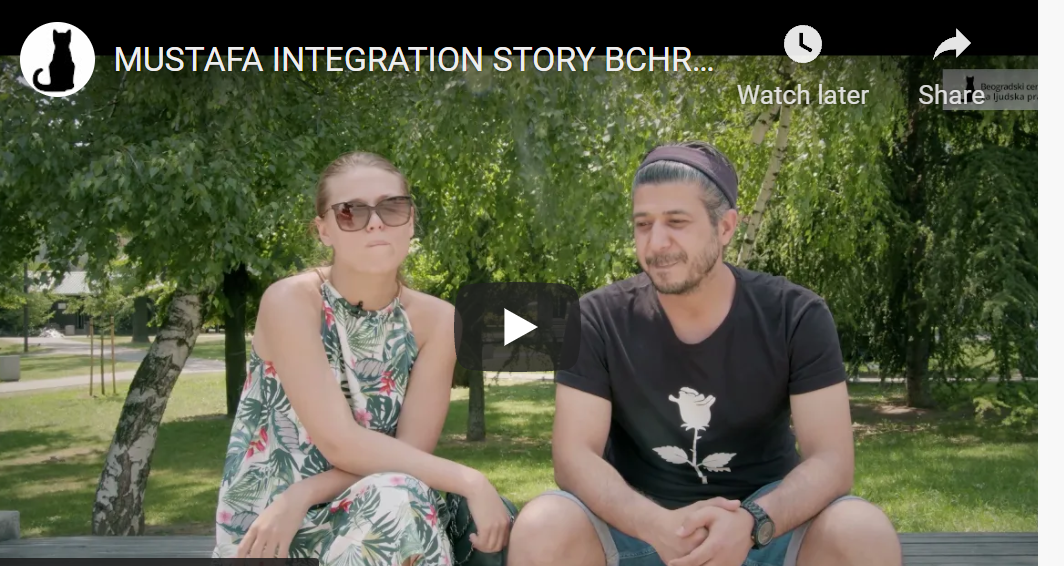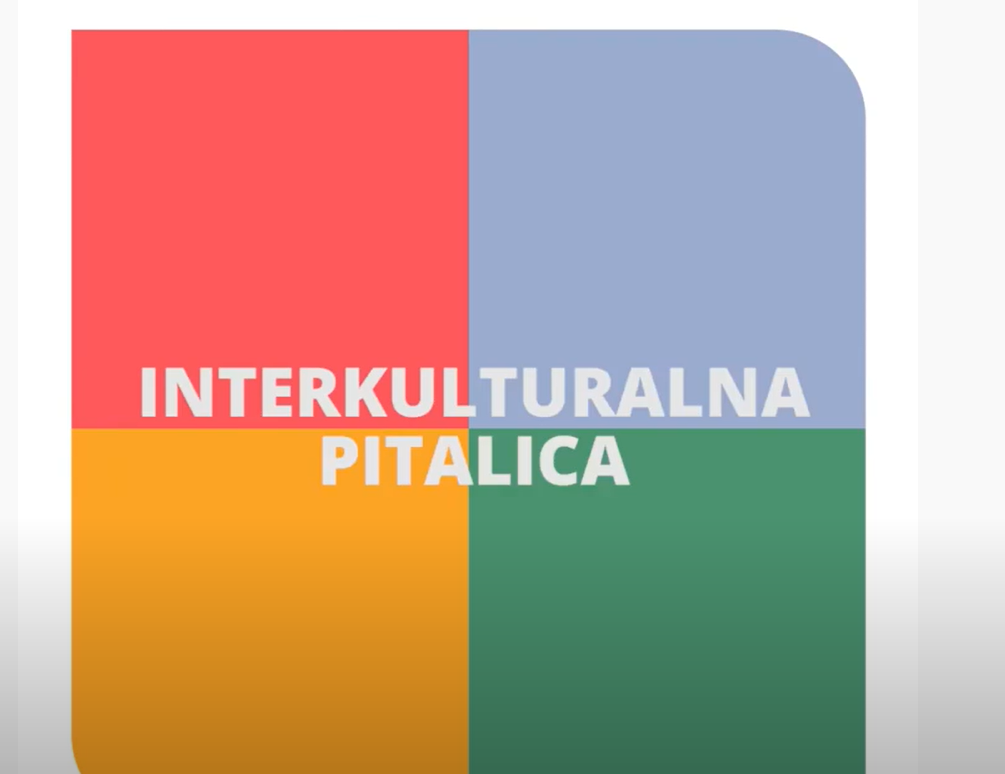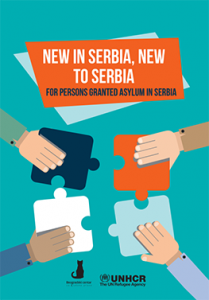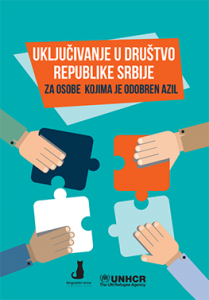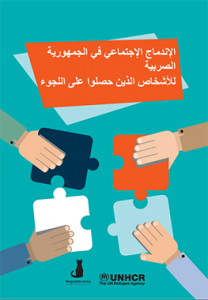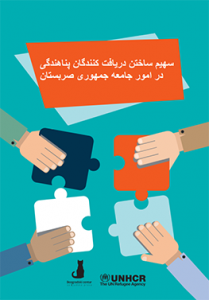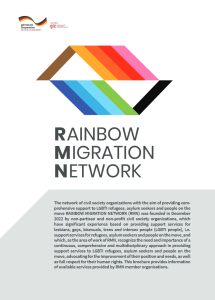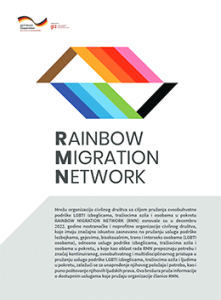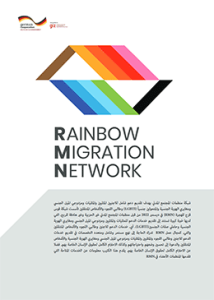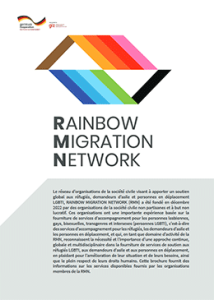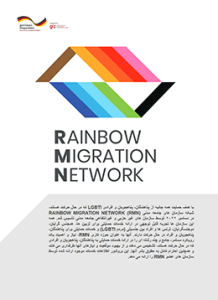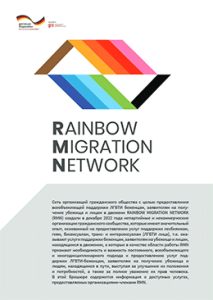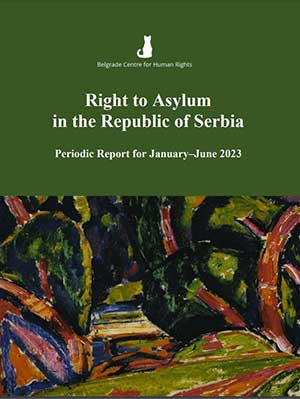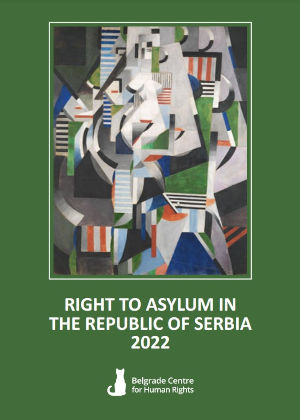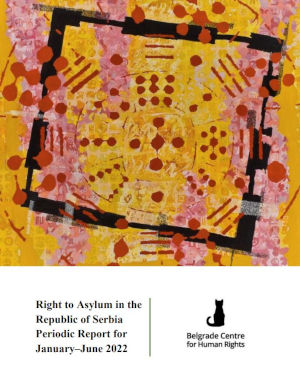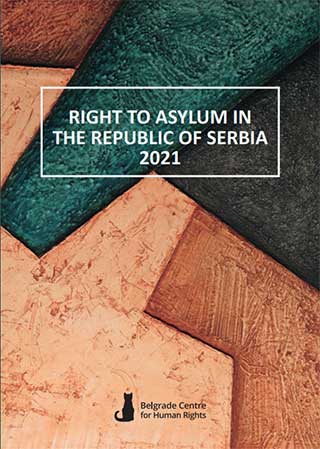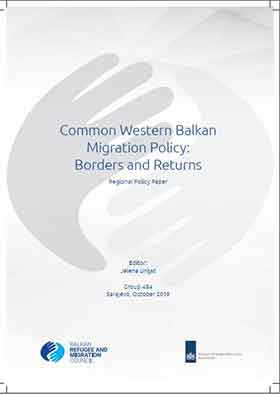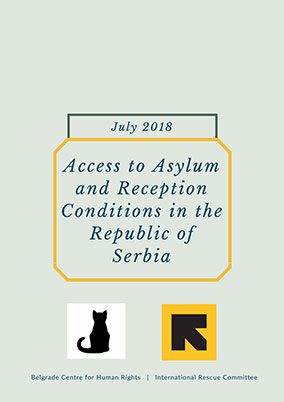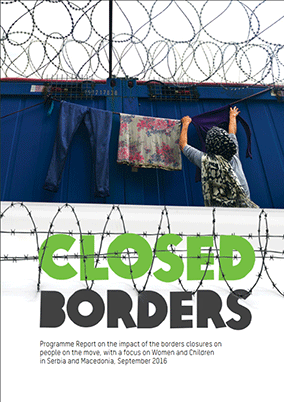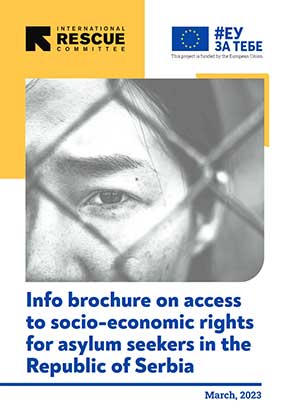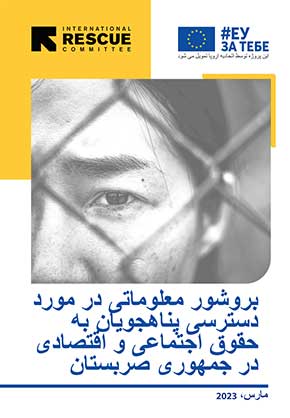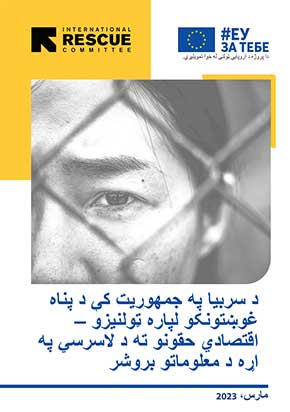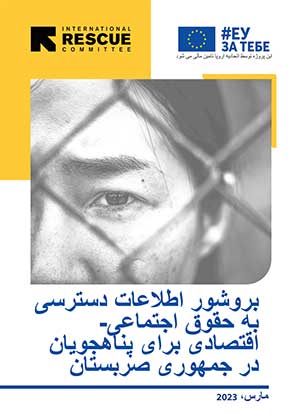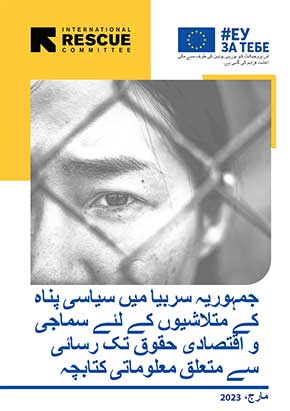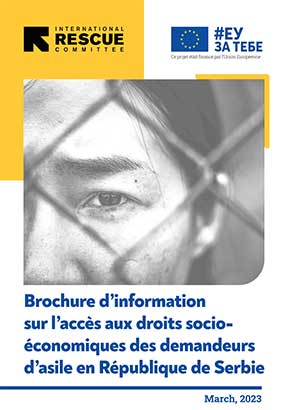We continuously monitor the state of affairs both in the countries where the asylum-seekers come from and in Serbia. All of our findings and reports are available at the Centre’s webpage at www.azil.rs

As a partner of the United Nations High Commissioner for Refugees, the Belgrade Centre for Human Rights has, since 2012, provided asylum-seekers in Serbia with free legal aid: they are explained their rights and obligations and represented before the proper authorities in Serbia and the European Court of Human Rights.
Protecting all children in migration: European Commission outlines priority actions
In recent years that has been a large increase in numbers of children fleeing their countries of origin and arriving on European territory. More than a third of all asylum seekers in the European Union are children. There has been a six-fold increase in the total number of child asylum applicants in the last six […]
ECtHR Decision in Case M.M. v. Bulgaria
On 8 June 2017, the ECtHR delivered its ruling in case M.M. v. Bulgaria, which concerned the detention and attempts to remove a stateless man of Palestinian origin to Syria. By this judgement, the Court confirmed its view on that detention must not be used arbitrarily and that it is necessary to provide lawful review […]
EU: Poland and Hungary should start accepting refugees
EU leaders agreed in September 2015 on the urgent relocation of more than 160,000 refugees from Greece and Italy in other Member States by September 2017. This decision was made as to reduce the pressure of increased number of refugees on the brittle asylum systems of countries on the edges of the EU and to […]
Deir ez Zor – Hostage of the Islamic State
Deir ez-Zor, located on the shore of the Tigris and Euphrates rivers, is the largest city of Easter Syria and the capital of the eponymous province. As the seventh largest city in Syria, it was inhabited by 300,000 people prior to the conflicts. Its mixed population was comprised of Arabic, Kurdish, Armenian and Asyrian peoples. […]
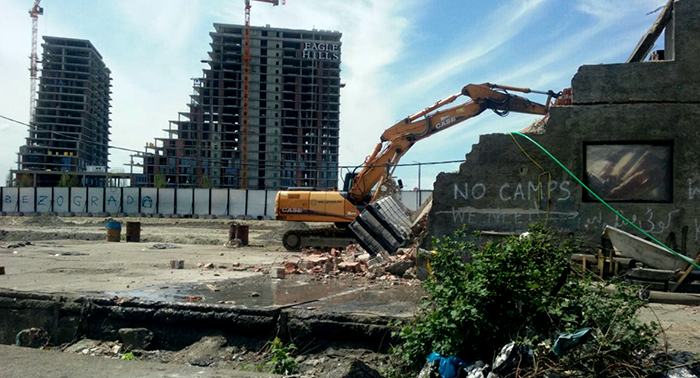
Refugee Situation in Serbia in May 2017
The most recent UNHCR data shows that the number of refugees, asylum seekers and migrants in Serbia in the last days of May was 6,658. It is by seven hundred less than just a month before, and around a thousand less than the situation in March. More than six thousand persons or around 94 percent […]
As a partner of the United Nations High Commissioner for Refugees, the Belgrade Centre for Human Rights has, since 2012, provided asylum-seekers in Serbia with free legal aid: they are explained their rights and obligations and represented before the proper authorities in Serbia and the European Court of Human Rights.
We continuously monitor the state of affairs both in the countries where the asylum-seekers come from and in Serbia. All of our findings and reports are available at the Centre’s webpage at www.azil.rs

